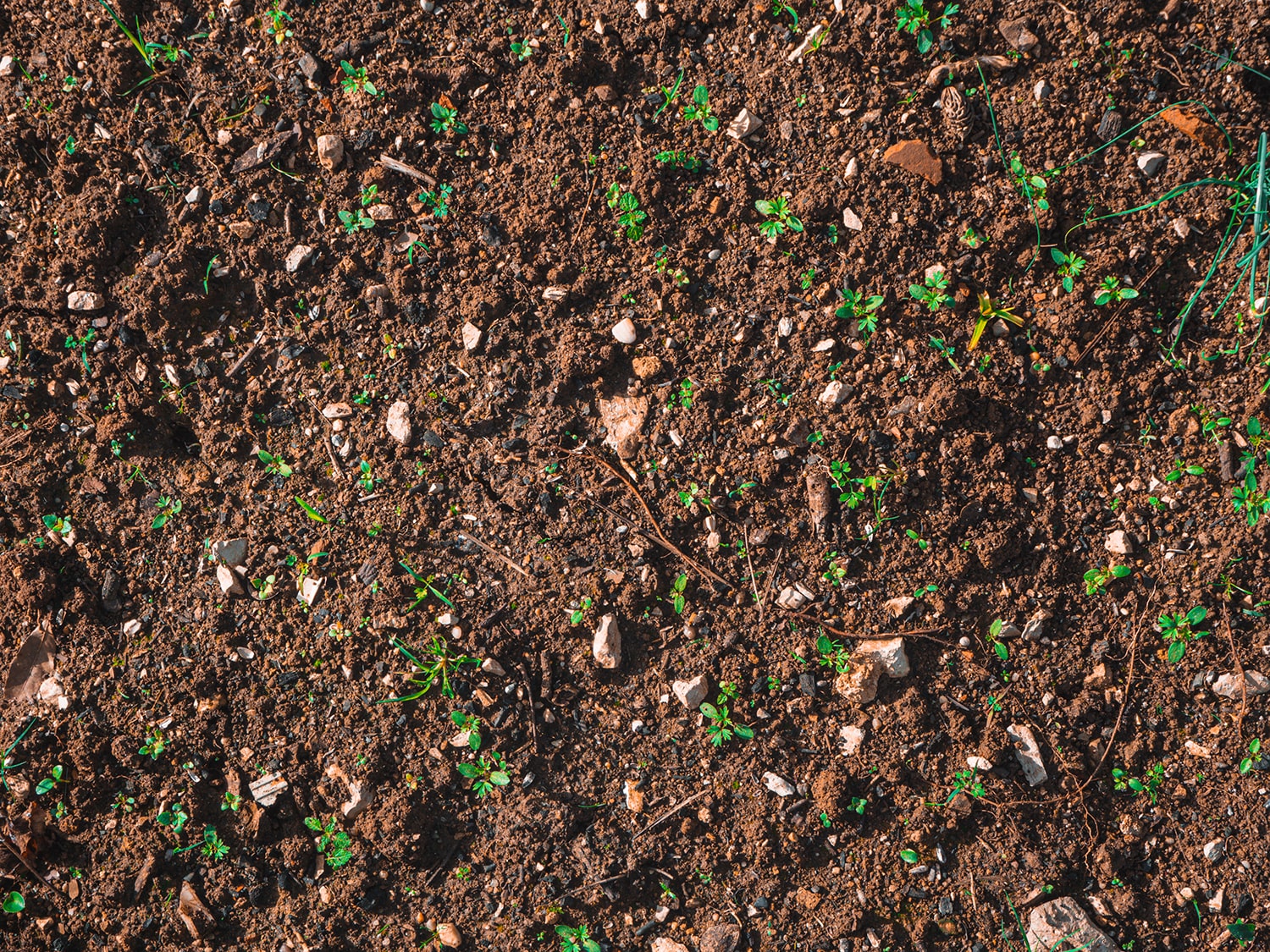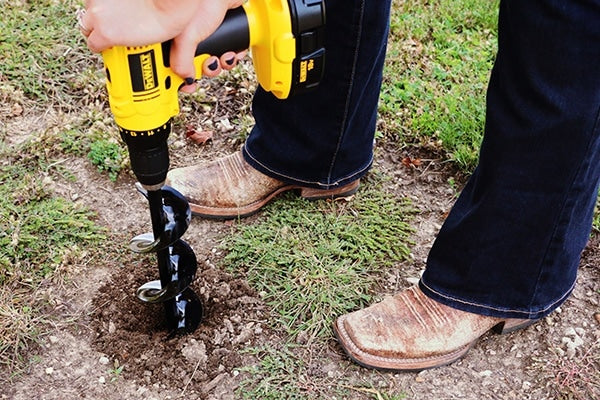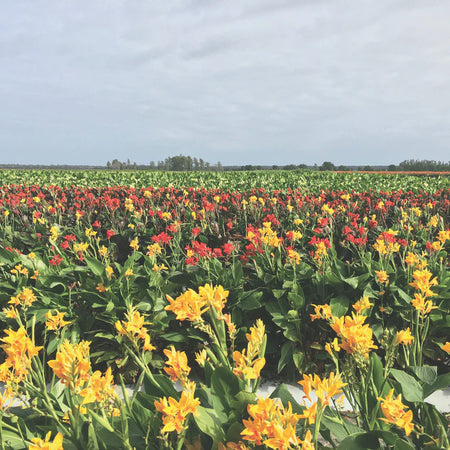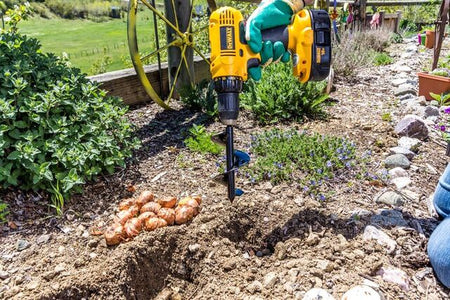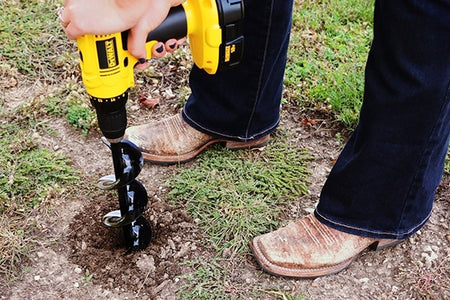Gardening can be incredibly rewarding. There’s lots you can grow, from shrubs to flowers and even vegetables, herbs and fruit. For new homeowners — and new gardeners — it can be a little intimidating to get started, however. Never fear because we have tips for new gardeners that can get you off on the right foot.
Here are some common questions and helpful answers:
1. Which Plants Should I Choose?
This is the big question — and you’ll need to make the choice depending on a variety of factors. For fruits and vegetables, of course, choose your favorites. For flowerbeds, perennials, trees, and shrubs, think about the following:
- Do you want a low maintenance garden? If so, shop for native plants. Since they’ve evolved to thrive in your local climate, they’re typically the lowest maintenance options.
- How do you want your garden to look? If you’re unsure, annuals are a great way to change things up each year. Otherwise, go with plants that fit tropical, desert or other environmental themes.
- What does your terrain look like? If you have dry slopes that need ground cover or an area in your yard that tends to collect water, look for plants that suit these conditions.
2. What’s the Best Way to Deal With Weeds?
Weeds are every gardener’s enemy, but there are lots of ways to deal with them that don’t involve crawling on your hands and knees. In veggie gardens, try a hoe or other weeding tools to quickly remove these pesky plants. You can also use landscape fabric or various types of mulch to keep weeds away, too.
3. Which Location Should I Choose?
Location, location, location — even if your yard is small, it’s still important to choose a spot that best suits your plants. Veggies and many annual flowers need lots of sun, so keep them away from shady spots near trees. Other plants, such as hostas, grow well in the shade.
You’ll also need to think about water. It might seem like a great idea to put the vegetable garden in an out-of-the-way corner of your yard, but if you have to water it regularly, think about the work involved in running a garden hose to that spot. If that will be an obstacle, place your garden closer to water sources.
4. How Do I Fix My Soil?
You may not need to! It all depends on what you’re growing. Native plants may do just fine without soil amendments. Fruits and veggies, however, tend to be heavy feeders that like rich soil. Compost, leaf mold and aged manure are good choices to put nutrition in the soil. Never use fresh manure, however, because it can burn plants and may contain pathogens that damage plants.
5. What Does Soil Acidity Mean?
Soil can be alkaline, acidic or somewhere in between. What difference does that make? Some plants enjoy alkaline soil, some prefer neutral soil and some do better in acidic soils. It’s always a good idea to have your soil tested for acidity before you start gardening. Then, add amendments to adjust your soil’s acidity levels. Most plants do well in neutral soil, but some — such as blueberries and rhododendrons — need acidic soil.
6. Should I Start With Seeds or Plants?
This depends on the plant. For annual flowers and vegetables, consider the time to maturity. Some plants can take a while to mature. If you buy tomato seeds, for example, you may not get to enjoy the fruits of your labor during the first season. Consider buying a pre-grown starter for vegetables and annuals — they’re easy to buy at your local garden center.
Long-season plants, such as pumpkins, don’t transplant well, so these are best planted from seed. Similarly, plants such as lettuce mature so quickly that these are best sown directly into the ground.
Where perennials, shrubs, and trees are concerned, it’s almost always better to buy pre-grown plants — unless you enjoy the challenge of starting something from seed. Because many of these plants can take years to reach maturity, buying started plants means you should see results faster, too.
If you’re ready to start gardening, use these tips to get your garden going. Be sure to pick up some tools that will prove indispensable — such as a Power Planter garden auger, which you can use to mix soil amendments, remove weeds or drill holes to plant your starts.


